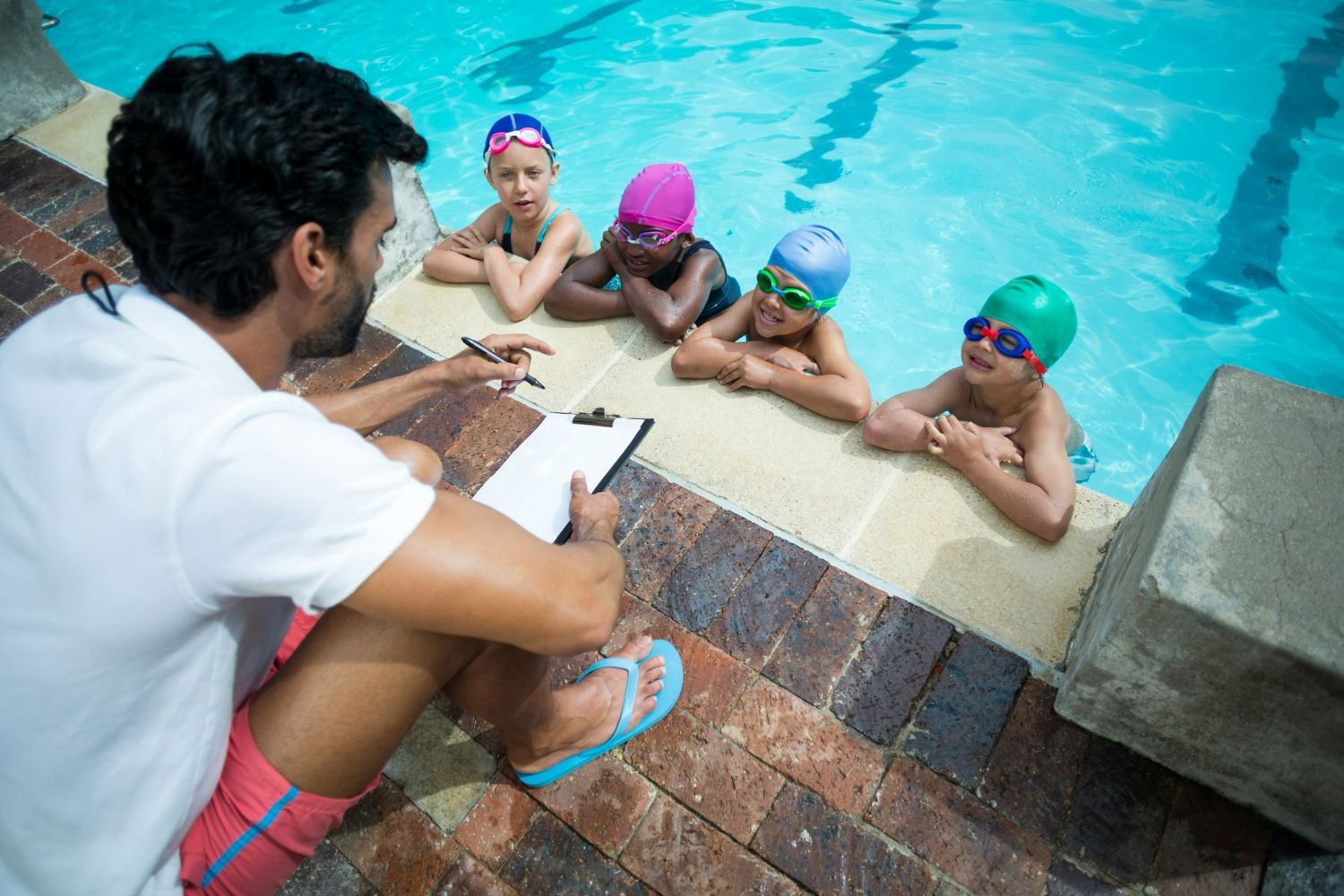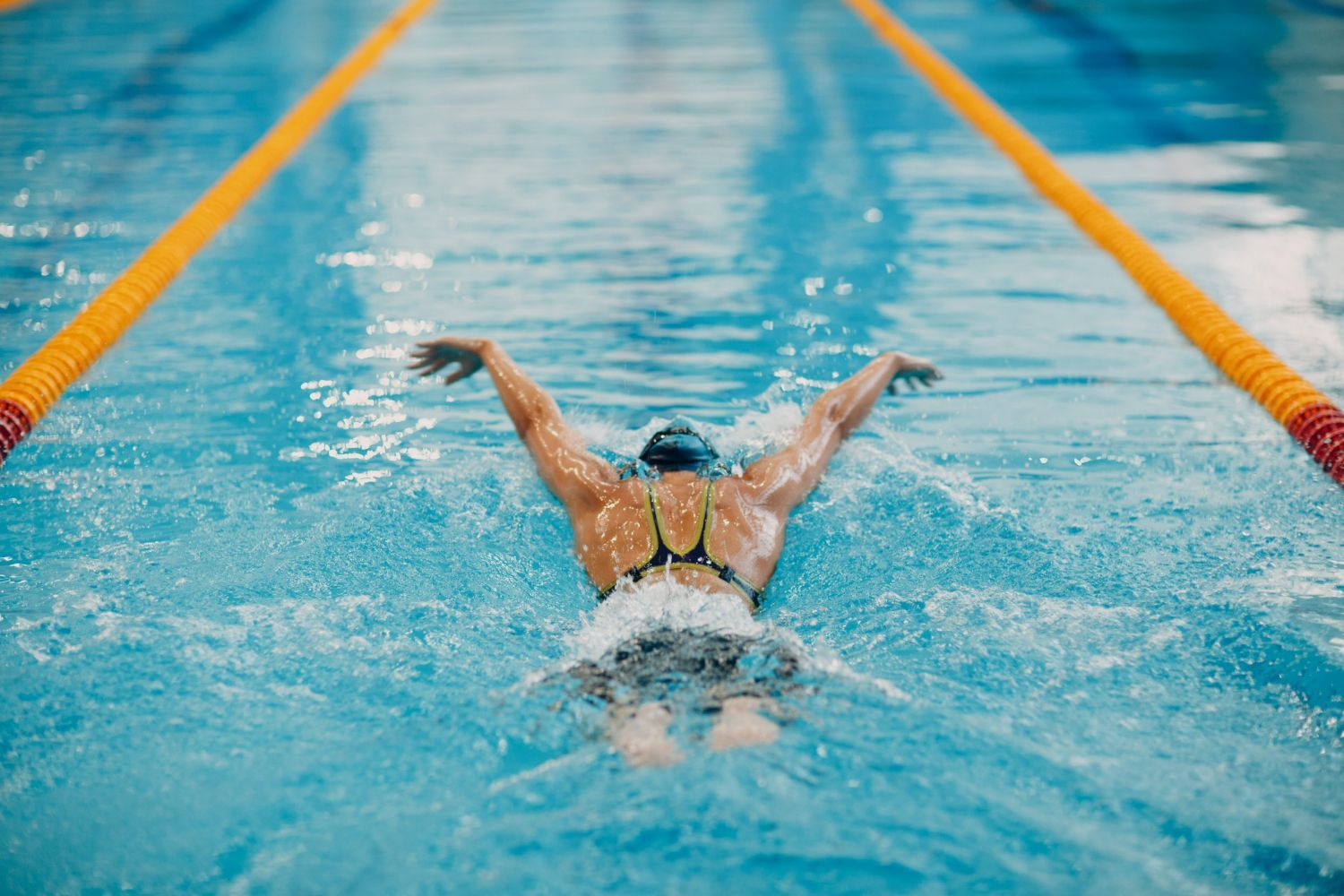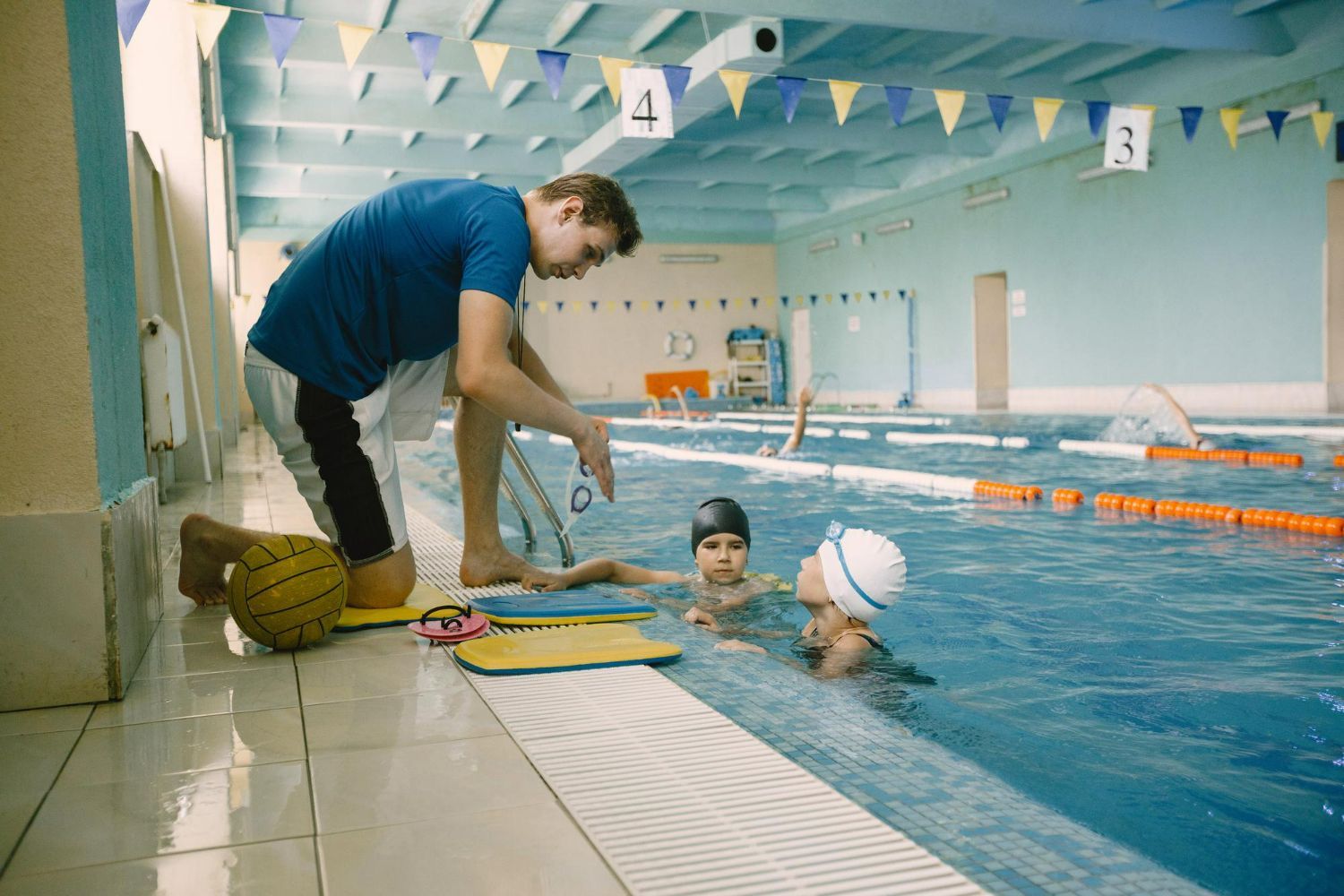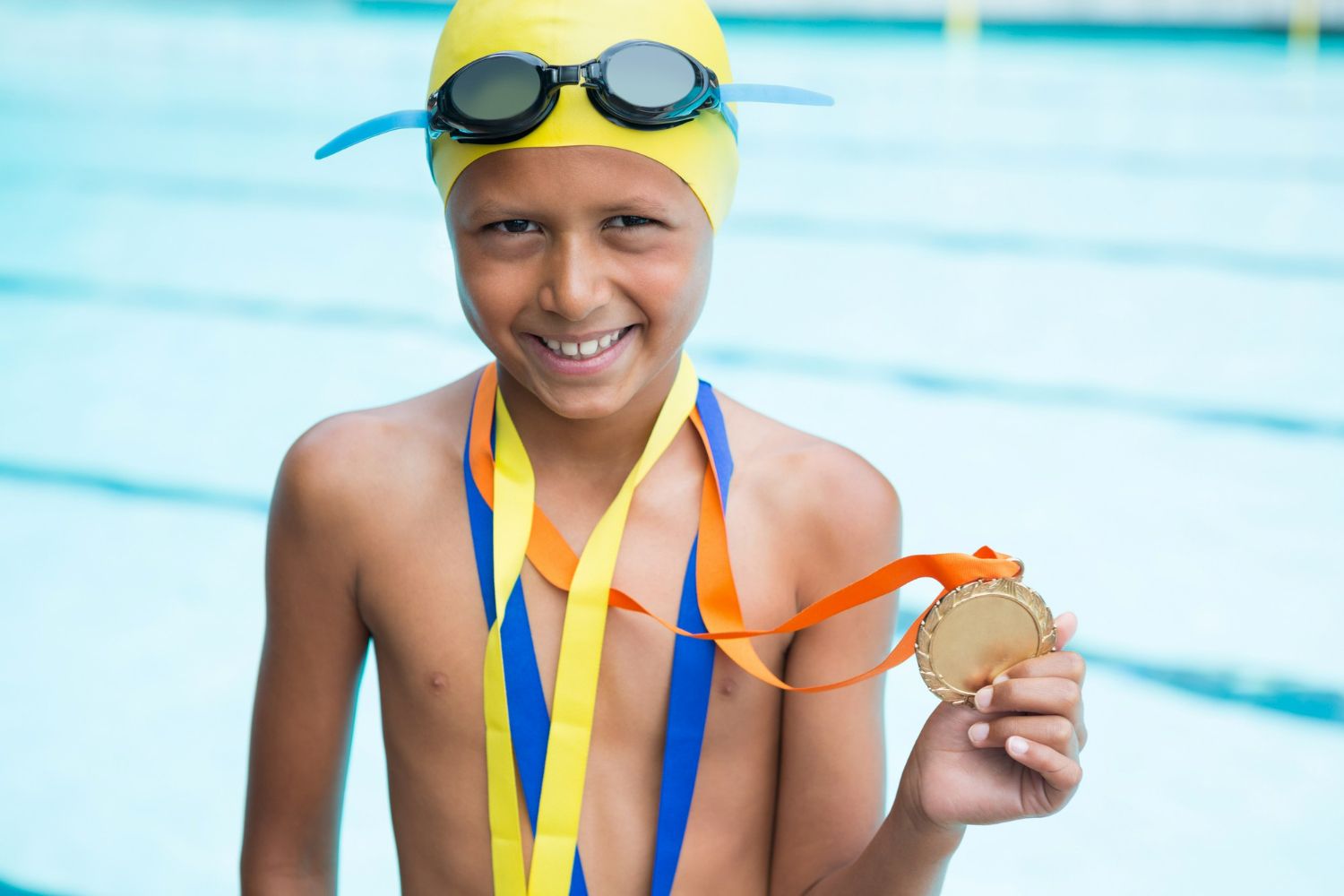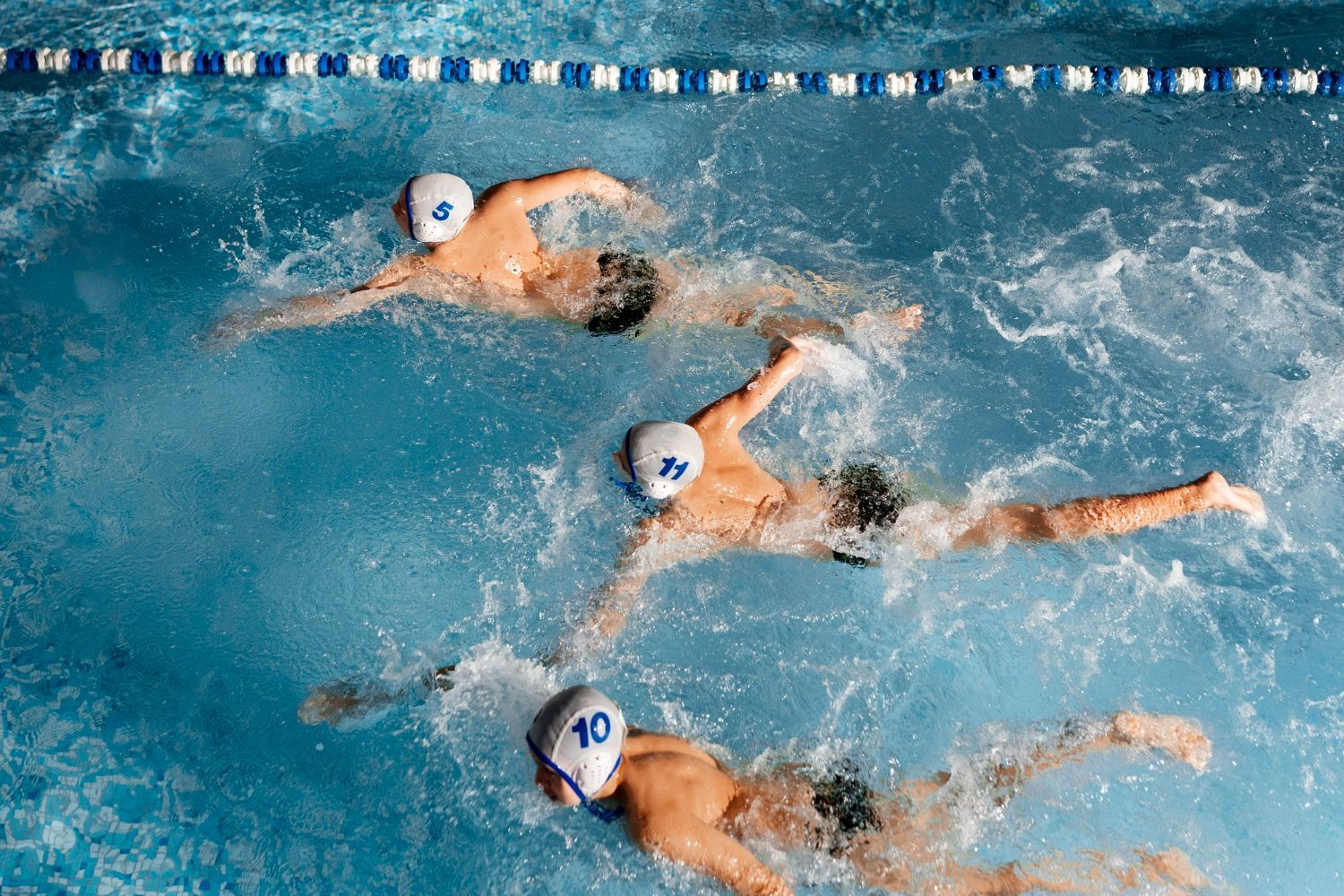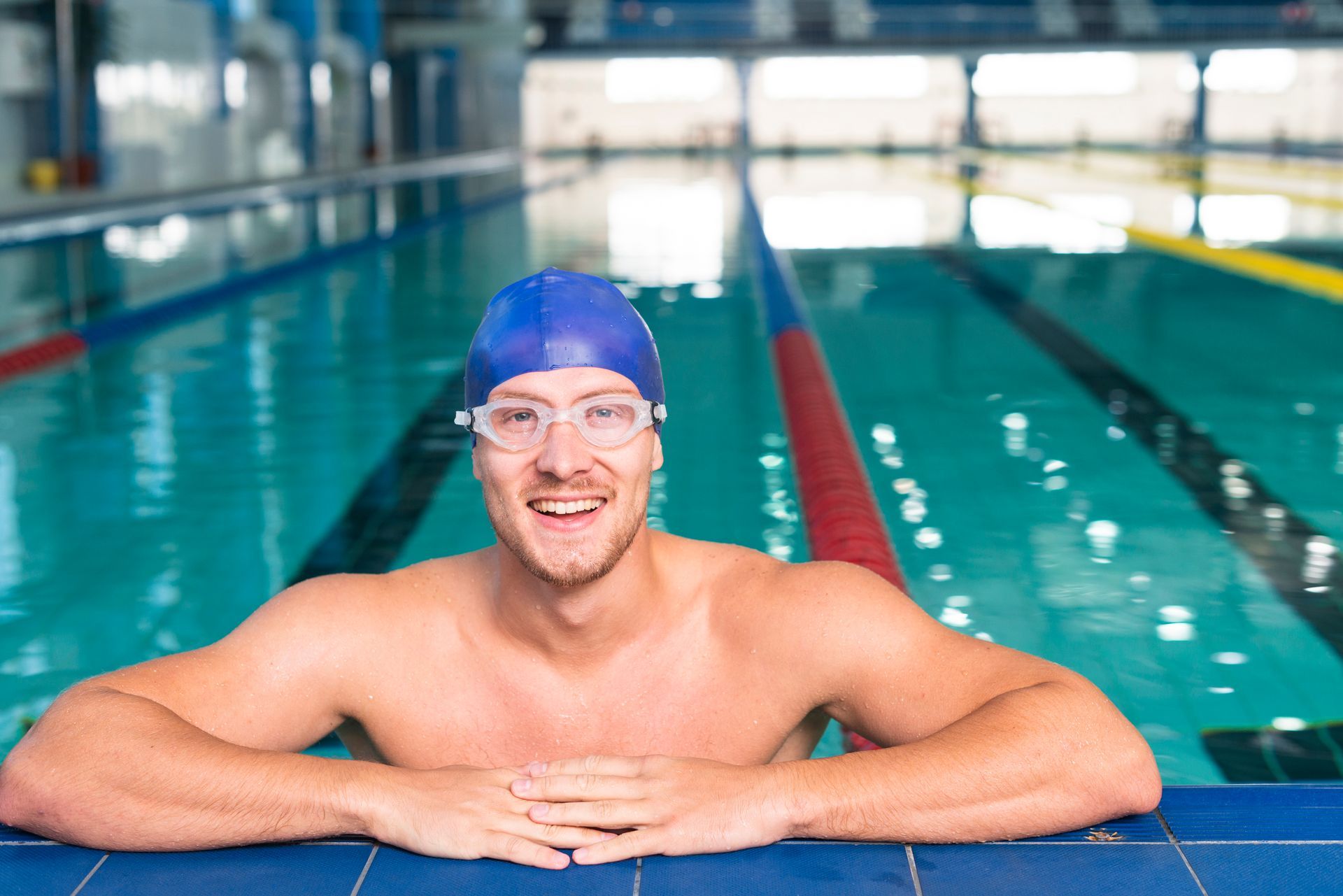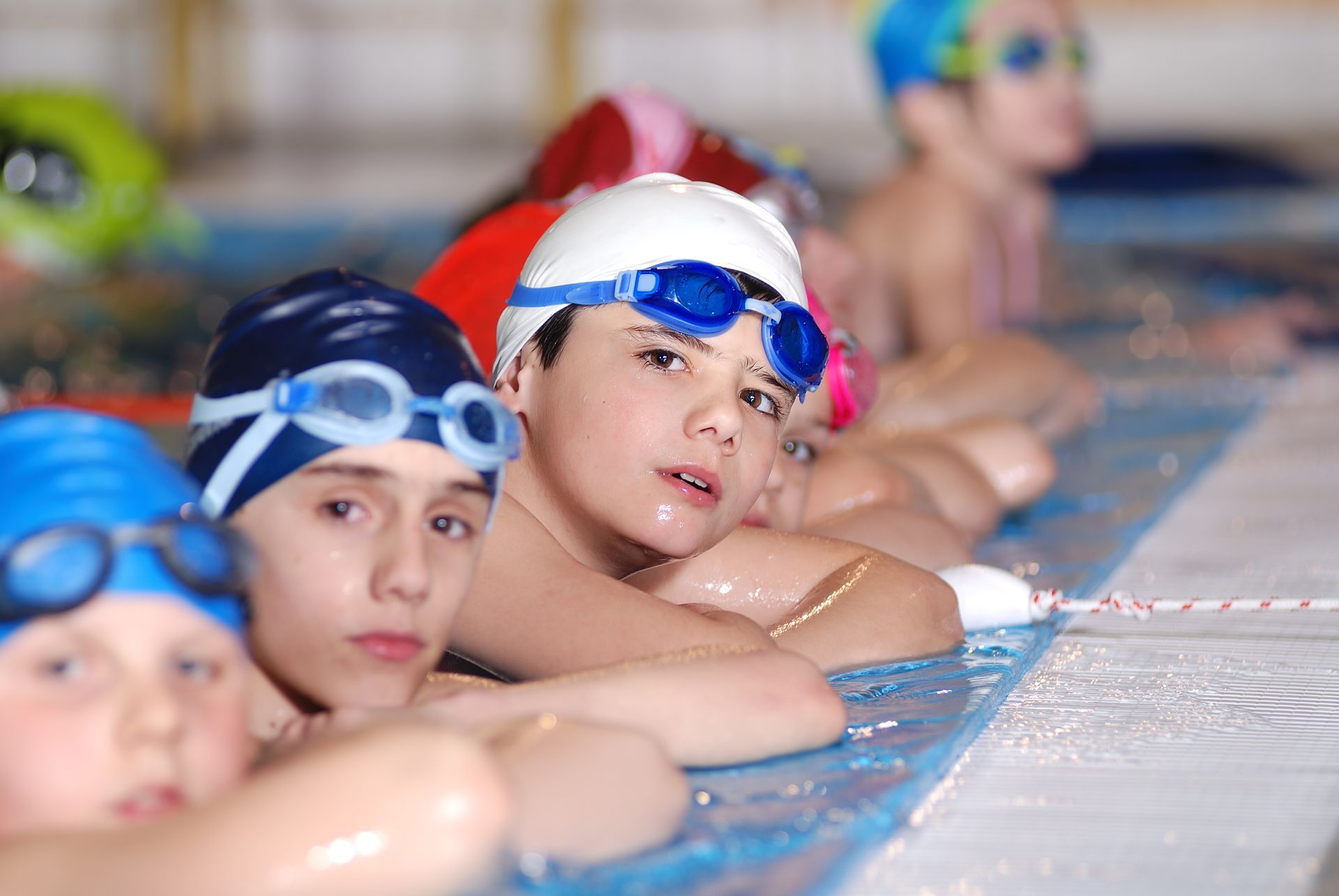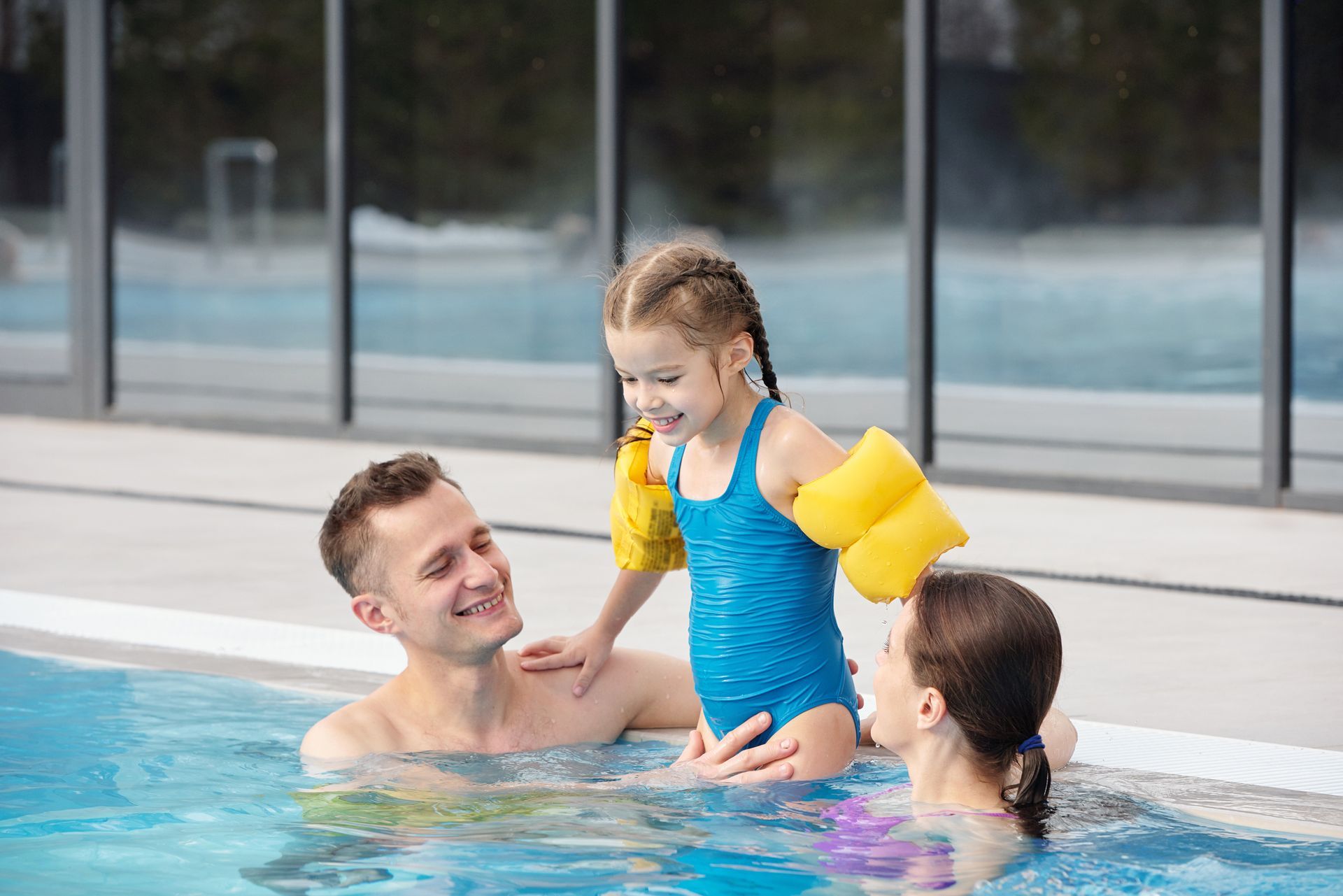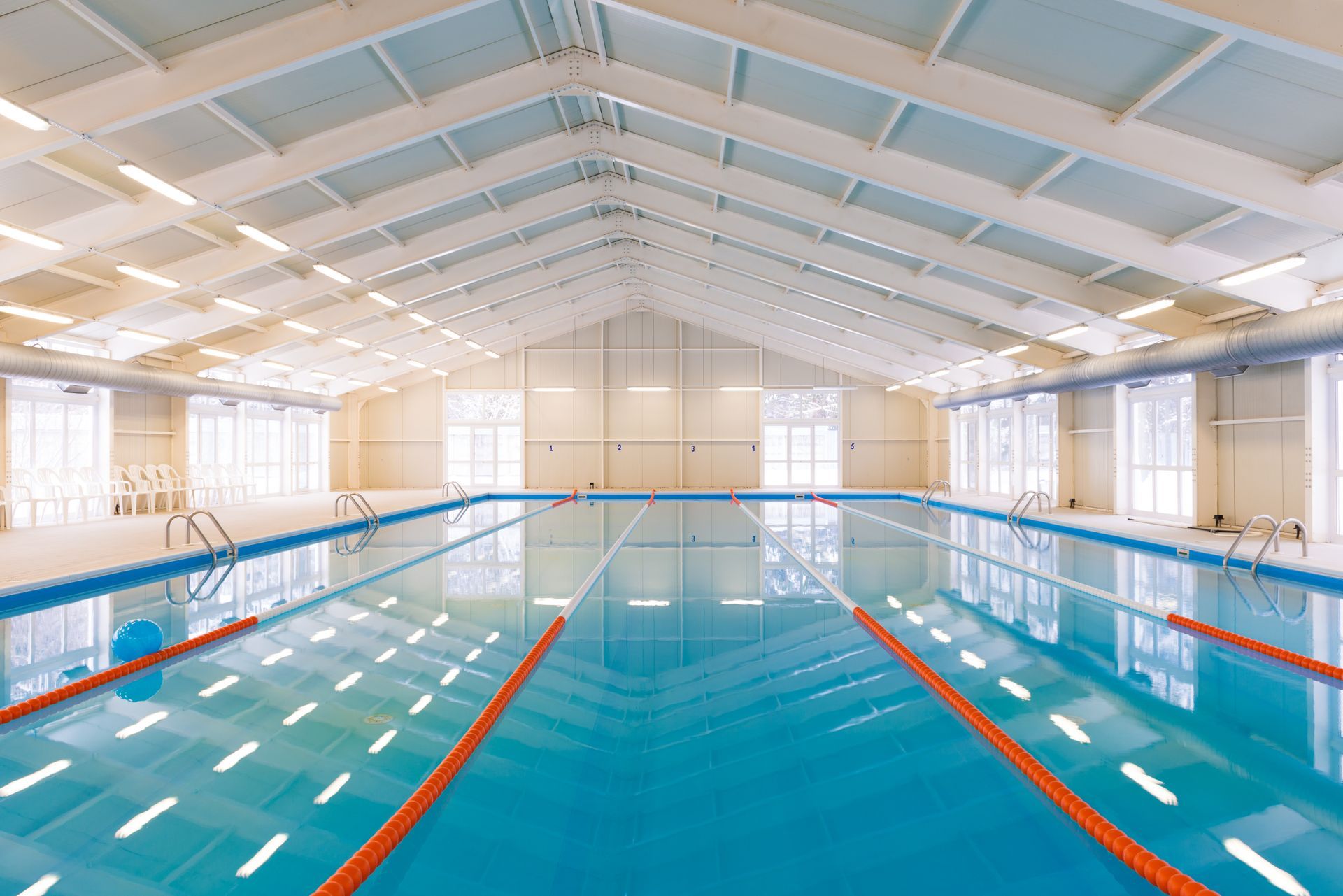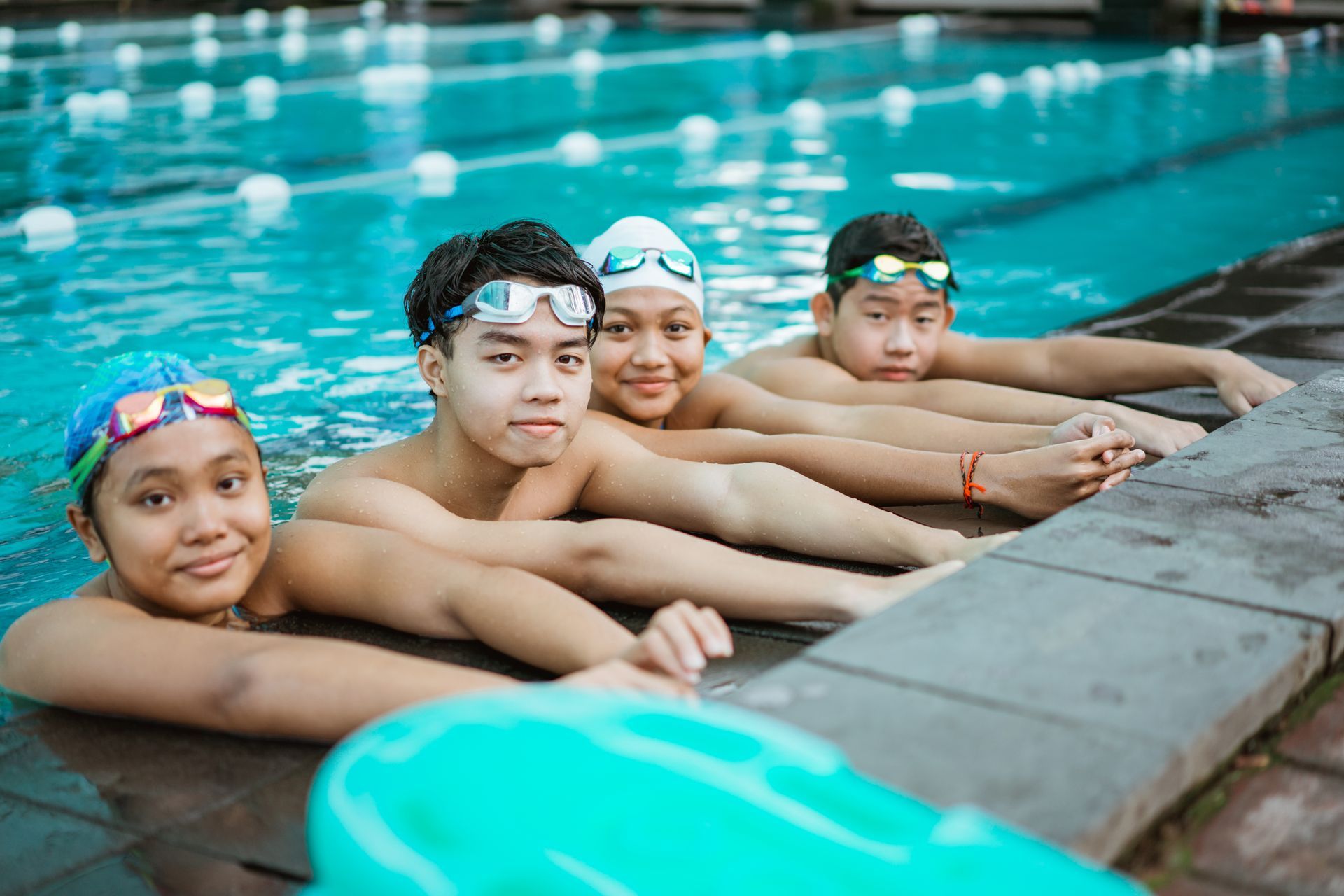Nutrition Tips: Fueling Young Swimmers for Success
Swimming is a demanding sport that requires strength, endurance, and agility. For young swimmers looking to perform at their best, nutrition plays a crucial role. Proper nutrition can boost energy levels, enhance performance, and aid recovery. In this guide, we'll explore essential nutrition tips tailored to young swimmers and emphasize why these choices matter. Whether you're a parent, coach, or young athlete, this comprehensive resource will help you understand how to fuel for success in the pool.
Understanding the Nutritional Needs of Young Swimmers
Swimming, like any sport, requires a well-rounded diet that supports high energy demands and overall health. The key nutritional components include carbohydrates, proteins, fats, vitamins, and minerals. Let's dive into each of these essentials:
1. Carbohydrates: The Energy Source
Carbohydrates are the primary fuel for swimmers. They provide the energy needed to sustain long training sessions and meets. Young athletes should focus on consuming complex carbohydrates found in whole grains, fruits, and vegetables. This ensures a steady release of energy, helping maintain endurance and performance.
2. Proteins: Building and Repairing Muscles
After a grueling swim session, muscles need to recover and grow stronger. Proteins are vital for this process. Sources such as lean meats, fish, eggs, dairy, beans, and nuts should be included in their diet. Aim for a protein-rich snack or meal within 30 minutes post-exercise to maximize recovery benefits.
3. Fats: Important for Overall Health
Healthy fats are essential for young swimmers as they support hormone production and overall cell function. Sources of healthy fats include avocados, nuts, seeds, and olive oil. While fats are calorie-dense, they should be consumed in moderation to avoid unnecessary weight gain.
The Importance of Hydration in Swimming
Staying hydrated is critical for swimmers. Dehydration can lead to decreased performance, muscle cramps, and fatigue. Swimmers should drink water regularly throughout the day, not just during practices. Additionally, consuming a sports drink during extended swim sessions can help replace lost electrolytes.
Meal Planning for Young Swimmers
Planning balanced meals is key to ensuring swimmers get the nutrients they need. Here are some meal planning tips:
1. Breakfast: Starting the Day Strong
Breakfast should include a good mix of carbohydrates and proteins. Consider oatmeal with fruit and nuts or eggs with whole-wheat toast.
2. Lunch: Midday Energy Boost
Lunch should be nutrient-dense and satisfying. A turkey or chicken sandwich with whole-grain bread, a side of vegetables, and a piece of fruit make for a balanced meal.
3. Dinner: Recovery and Replenishment
Dinner should focus on replenishing energy stores and repairing muscles. Grilled fish or chicken with quinoa and steamed vegetables is a great option.
4. Snacks: Keeping Energy Levels Steady
Healthy snacks between meals can prevent energy dips. Options include yogurt with berries, a banana with peanut butter, or a granola bar.
Supplements: Are They Necessary?
While whole foods should be the primary source of nutrients, some young swimmers may benefit from supplements. Consult with a healthcare provider before adding supplements like vitamins or protein powders to your diet.
Nutrition and Mental Health: The Connection
Nutrition doesn't just impact physical performance; it affects mental well-being too. A balanced diet can improve mood, decrease anxiety, and enhance focus. Ensuring that young swimmers have a diet rich in omega-3 fatty acids, complex carbs, and various vitamins can support mental health alongside physical training.
Local Resources: Finding Fresh and Nutritious Options in Southern Oregon
For those in Southern Oregon, finding fresh and nutritious food options can be straightforward with a little guidance:
1. Farmers Markets: Southern Oregon is home to an abundance of farmers markets that offer fresh, locally-grown produce.
2. Local Grocers: Support local businesses by choosing Southern Oregon grocers known for higher-quality, fresh products.
3. Community Gardens: Engage with community gardens to learn more about growing your own nutritious vegetables and herbs.
Educating Young Swimmers: The Role of Parents and Coaches
Parents and coaches are integral to instilling healthy eating habits in young swimmers. Here’s how they can help:
1. Lead by Example: Show young swimmers the importance of nutrition by making healthy choices in your own diet.
2. Educational Workshops: Organize or attend nutrition workshops or seminars focused on athletic performance.
3. Open Communication: Encourage young athletes to ask questions and express their likes and dislikes. Tailor their nutrition plans to ensure they enjoy what they're eating.
A Blueprint for Success: How Rogue Rapids Supports Young Swimmers
At Rogue Rapids, we focus on building successful athletes in and out of the pool. By promoting the importance of nutrition and providing resources for our young swimmers, we set the stage for lifelong healthy habits.
Dive into Success with The Right Nutrition
Proper nutrition is a critical part of a young swimmer's training regimen. By understanding the nutritional needs and making smart dietary choices, young athletes can ensure they have the energy and stamina to excel. Encouraging healthy eating habits now will set a foundation for continued success and well-being.
Ready to Make Waves? Join Rogue Rapids Today!
Fuel your passion for swimming with Rogue Rapids. Our supportive environment encourages swimmers to thrive. Visit our website, reach out via email at info@roguerapids.com, or stop by the Rogue Credit Union Community Complex to learn more about our programs and scholarships like the Sofia Marks Scholarship Fund. Dive into a world of opportunities and make nutrition a key part of your swimming journey!

